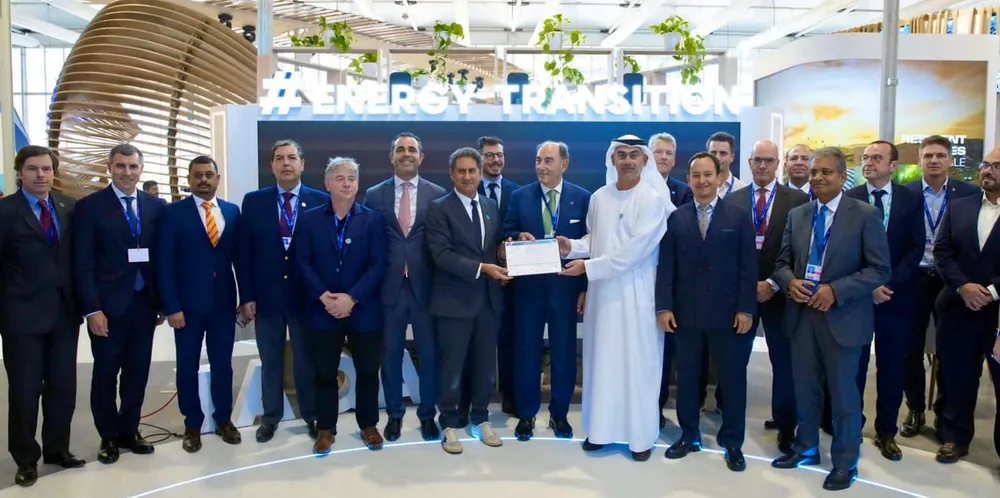COP28: Utilities unite to decarbonise and new offshore wind alliance launched
Masdar agrees to open 1GW green facility in Jordan, and a surprise twist could reportedly see Sultan Ahmed Al Jaber return as COP president next year

Masdar agrees to open 1GW green facility in Jordan, and a surprise twist could reportedly see Sultan Ahmed Al Jaber return as COP president next year
